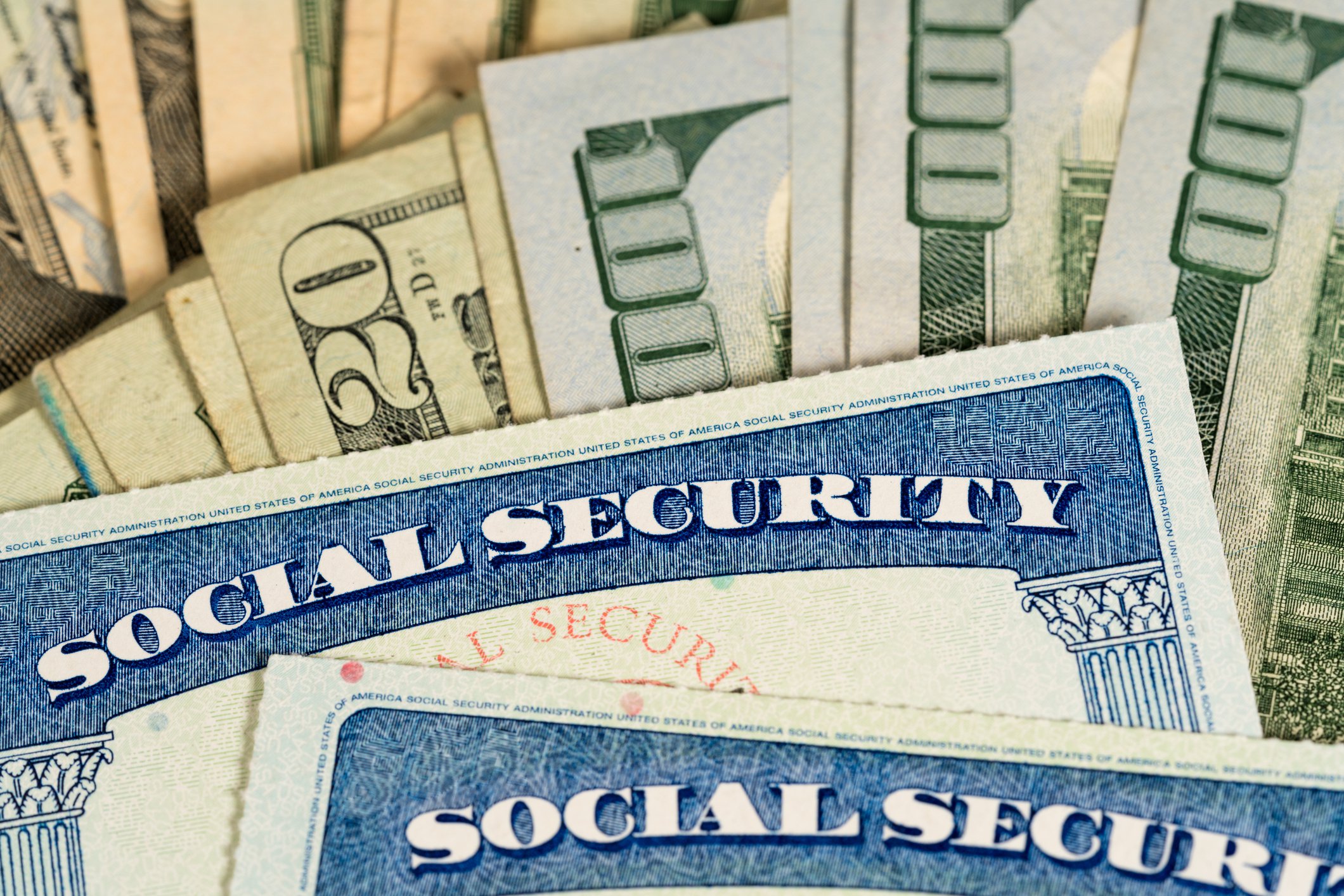
Retirement can be a financially stressful time, as you try to make ends meet on a budget that’s likely more limited than it used to be. Social Security benefits, then, can be supremely welcome -- and perhaps even vital. Indeed, without Social Security income, 22 million Americans would be living in poverty, according to a report from the Center on Budget and Policy Priorities. Fully 48% of married elderly Social Security beneficiaries and 69% of unmarried ones get 50% or more of their income from it.
Here’s a little potential bad news, though: Your benefits might get taxed by the federal government, and depending on where you live, your state may also tax them. Right now, 37 of the 50 states leave benefits untaxed, but there are 13 states in which some or all of your benefits are subject to taxation. Specifically, Minnesota, North Dakota, Vermont, and West Virginia fully tax benefits, while you’ll only face partial taxation in Colorado, Connecticut, Kansas, Missouri, Montana, Nebraska, New Mexico, Rhode Island, and Utah.
Here’s a quick review of these states and their tax policies for Social Security -- along with some key stats for each state.
ALSO READ: 20 of the Oddest State Tax Laws in America
Invest better with The Motley Fool. Get stock recommendations, portfolio guidance, and more from The Motley Fool's premium services.